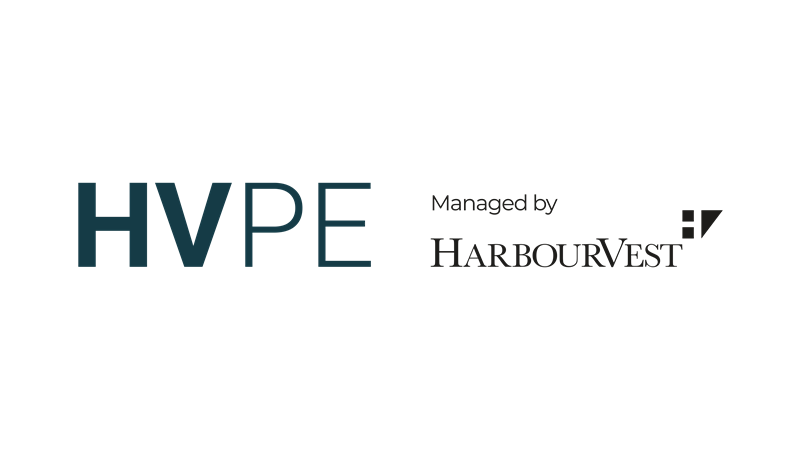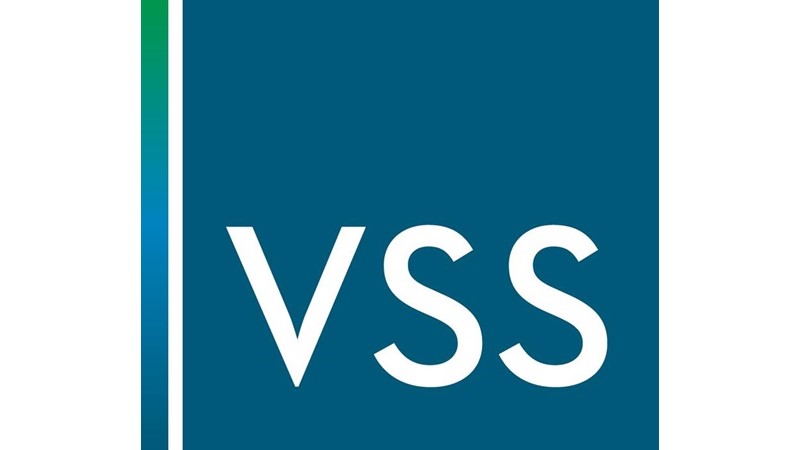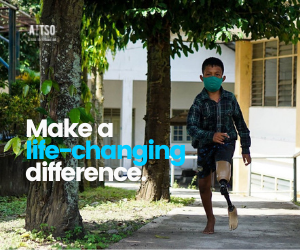AlphaWeek Q&A: Janet Cowell, CEO, Girls Who Invest
Girls Who Invest (GWI), a non-profit organization founded in 2015 dedicated to increasing the number of women in portfolio management and executive leadership roles in the asset management industry, recently announced the appointment of the Honorable Janet Cowell, former State Treasurer of the State of North Carolina, as its CEO. AlphaWeek’s Greg Winterton caught up with Cowell to discuss her plans for GWI as she takes the helm.
GW: Janet, thanks for taking the time today. In October 2017, Preqin produced research which stated that only 18.8% of the workforce in the alternative investment industry, and only 4.7% of board level roles, were held by women. What is GWI doing to help improve those numbers?
JC: Our goal is to have 30% of the world’s investable capital managed by women by 2030. We believe that an intensive educational program, meaningful on-the-job training and ongoing community support is the recipe to set up the next generation of women investors for success. Our rigorous Girls Who Invest 10-week Summer Intensive Program prepares college-aged women to enter the industry on investment teams across all asset classes and become skilled allocators of capital.
For the first four weeks, promising young college sophomores from diverse backgrounds learn about core finance and investment concepts, asset valuation and the asset management ecosystem from some of the most respected business school professors and industry all-stars at either University of Pennsylvania or University of Notre Dame. Then our scholars build on skills learned during the educational portion of the program by embarking on six-week paid internships with leading asset management firms around the globe. Experienced investment industry professionals serve as local, on-the-ground resources and mentors for our scholars.
GW: Those Preqin stats might also deter university students from the asset management industry. How is GWI selling finance as a career against these stats?
JC: It’s not really a case of selling against those numbers. I went to University of Pennsylvania in the 80s and the concept of finance has broadened dramatically since then. A lot of people now view finance as a social impact vehicle; more young women see the industry as a foundation for empowerment and social change.
This is critical because young women today want noble careers. To attract these candidates, the asset management industry must demonstrate how managing money can help investors—from families and universities to non-profits and corporations—reach their goals.
Even more critically, by entering a career in investing, these young women have the power to fix a system that needs their perspective. We give them the skills to do just that.
GW: What was the size of GWI’s first intake of scholars, and what is it in 2018?
JC: In our 2016 inaugural program, 30 scholars piloted our tuition-free Summer Intensive Program at the University of Pennsylvania. We doubled our scholar class to 60 in 2017. In 2018 we will grow the program once again to reach 100 scholars hosted at both University of Pennsylvania and as well as our new university partner, University of Notre Dame. More than 600 applications this year came from dozens of schools across the country.
We plan to step up our outreach to schools with large populations of our targeted demographics and are hoping to establish a university partnership on the west coast.
GW: Do you see a type of ‘Rooney rule’ coming in to mandate firms to interview women for senior leadership positions to help accelerate the change?
JC: No, I don’t see a Rooney rule coming into play because the financial firms are stepping up. I was talking to a small VC in North Carolina recently, and they were working on a speaker roster and seeking out women speakers. However, they sent out a preliminary agenda that did not yet include women and got blasted for it. There is an attitudinal shift happening, particularly among the larger firms. We are seeing a heightened interested in ensuring women are better represented at the senior management level.
GW: Applications for your 2018 Summer Intensive Program closed in December and you’re notifying the candidates who will be accepted in March. Did GWI hit or exceed its goals for applications in 2017, and what are your plans to increase that in 2018?
JC: We were pleased to see a 75% increase in sophomore applications in 2017. We focus on diversity at every level, racial and ethnic, socio-economic, major, university and geographic.
We take applications from a variety of majors; it doesn’t have to be math, economics or finance. We want to give young women a platform to succeed in the industry. After graduation this spring, 80% of the women from our first cohort of scholars will embark upon a career in finance. Many of our alums will join prestigious firms in the industry, including Goldman Sachs, JP Morgan, etc.
GW: The Summer Intensive Program isn’t the only program which GWI runs; it has online programs as well. Tell us a little more about those.
JC: To scale the program, we are leveraging partnerships to provide hundreds of additional qualified young women with access to the educational resources they need to secure an entry-level job in the industry. The GWI CFA Online Learners Program is for college freshman / rising sophomores. Candidates who successfully complete the program receive the CFA Investment Foundations certificate. The GWI Coursera Online Learners Program is open to sophomores / rising juniors, as well as the scholars in our Summer Intensive Program. Online learners can take up to 17 courses, including Wharton’s Business and Financial Modeling specialisation.
GW: GWI’s roster of partners reads like a ‘Who’s Who’ of alternative investments. What support are these firms offering GWI exactly?
JC: As a non-profit organization, we rely on the generosity of our partners to support the program so we can offer all of our programs tuition-free. The majority of our partners also host our Summer Intensive Program paid internships, but each engagement is unique based on the partner.
Our partners want to hire more young women, but simply aren’t seeing the resumes. Through their support, we are able to screen and train young women to build a diverse talent pipeline—a pipeline they can then access. These sophisticated firms are building their visibility in front our scholars so that they can recruit them after they graduate from the program.
GW: Finally, what are GWI’s main goals for this year and next?
JC: We would love to expand our education program to the West Coast of the United States in 2019.
We also want to nail down the model so that it’s replicable with ease – the more we get processes and standards down, the easier it will be for us to launch the program internationally. International expansion is a possibility for 2019, or beyond, but we are actively working on it. We’ve seen inbound interest from schools in London, Toronto, Mumbai and Edinburgh, to name a few.
I worked in Hong Kong for Lehman Brothers and I’ve followed the progress of the markets whilst I was State Treasurer for North Carolina. It would be great to bring our program to that region of the world.
High schools are also a target for the online program. We get a lot of high school age students emailing us asking to learn more.
*******
For more information on Girls Who Invest, please visit them online at www.girlswhoinvest.org.
© The Sortino Group Ltd
All Rights Reserved. No part of this publication may be reproduced, stored in a retrieval system or transmitted in any form or by any means, electronic, mechanical, photocopying, recording or scanning or otherwise, except under the terms of the Copyright, Designs and Patents Act 1988 or under the terms of a licence issued by the Copyright Licensing Agency or other Reprographic Rights Organisation, without the written permission of the publisher. For more information about reprints from AlphaWeek, click here.







